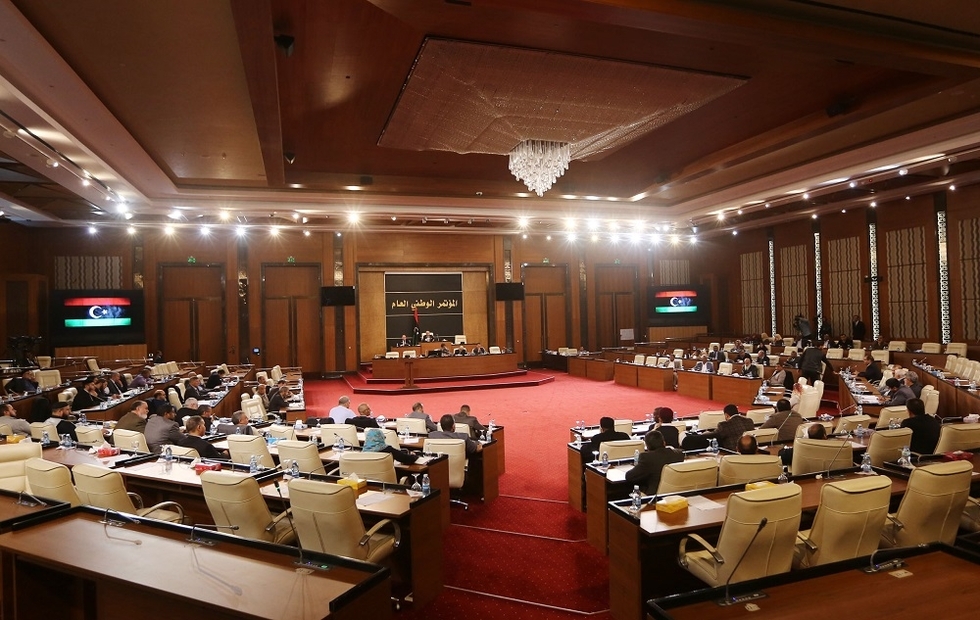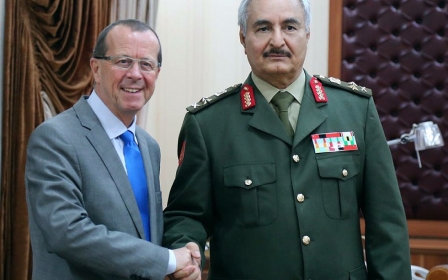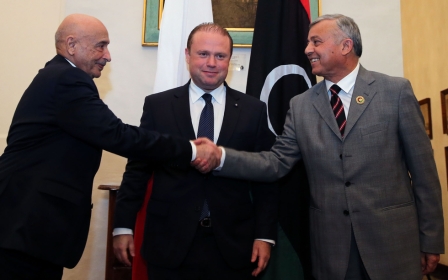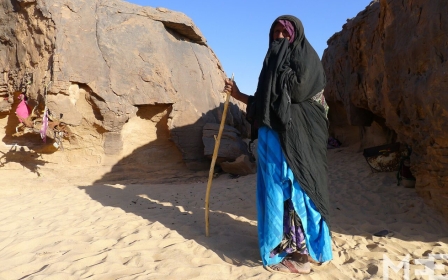Libya peace deal to be signed today despite opposition

A majority of MPs in Libya’s two rival parliaments look set to sign a peace deal on Thursday, which could end more than a year of division in the country.
“We hope and we think that we [the Libyan delegation and the UN] will finish the division of the power in the country,” unity government deputy prime minister designate Ahmed Maiteg told the BBC.
The UN-backed deal, being brokered in the Moroccan city of Skhirat, in theory needs to win the support of the majority of MPs from the rival Tobruk-based and Tripoli parliaments in order to be deemed legitimate, Mattia Toaldo, a policy fellow at the European Council of Foreign Relations said. It is believed that around 100 MPs in each parliament will need to sign the deal in order for it to take effect.
If the deal creating a unity government gathers enough support, it is widely expected that the UN Security Council could accept it as early as today.
According to Toaldo, a UN Security Council resolution is already being discussed although uncertainty remains about whether or not it will include individual sanctions.
The agreement was due to be penned on Wednesday but was delayed for “logistical” reasons, possibly due to the closure of the Tunisian border which has made it even more difficult for many Libyans to travel. With, local mayors and other stakeholders also flying in to sign the deal, analysts warn that further logistical delays could happen but that the deal is likely to be announced before the end of the week.
The likely signing comes a day after the presidents of Libya’s rival parliaments called for the signing of the UN-brokered peace agreement to be delayed, saying that in its current form it was “against the will of the Libyan people”.
“We came here to announce to the world that we are able to solve our problems ourselves with the help of the international community, but we will not accept foreign intervention against the will of the Libyan people,” said GNC President Nouri Abusahmain, according to the Europe Online magazine.
The two leaders who met in Malta for the first time are expected to not endorse the deal, with some analysts fearing that they could attempt to set up a rival government to counter the deal.
“The logistical thing [after the deal is announced] is that those who met in Malta could announce their own government based in Tripoli,” said Toaldo.
“The big question is if they will try to fight their way into the capital.”
Last night there were reports of clashes on Tripoli’s airport road, with Misrata militias who support the UN deal clashing with other militias, although it is unclear if the violence was linked to the deal.
Maiteg claimed that 52 militias have already agreed to the deal, although he said that it was as yet unclear whether General Khalifa Haftar, who has headed up the Libyan Army loyal to Tobruk since March and has openly called many pro-Tripoli militias terrorists, will back the deal.
However, on Wednesday, Haftar – who served under former leader Muammar Gaddafi before being exiled to the US – held a joint press conference with the newly-appointed UN Libya envoy Martin Kobler during which he urged the UN to lift its arms embargo of the country.
"This man [Kobler] wants to help us to lift the state of emergency and to support us in dealing with armed militant groups," Haftar told reporters. "I am not entirely satisfied with the draft. But that does not mean that I will boycott it. We’ve sent 12 points of contention to the UN representative to look at.
"The important thing for us is for the army to fulfil its primary role which is to protect all of Libya - ground, sea and air. The second is to take care of our [civil] organisations and to safeguard them. We are facing a massive threat and that is terrorism."
The UN has been criticised for trying to push the deal through too quickly, possibly due to European pressure with several EU governments allegedly keen to begin a bombing campaign in Libya in an attempt to push back the Islamic State group which has exploited the political vacuum to expand in the oil-rich but war-torn Mediterranean country.
Libya has been in turmoil since Gaddafi was ousted in 2011 by a NATO-backed uprising against his decades-long rule.
New MEE newsletter: Jerusalem Dispatch
Sign up to get the latest insights and analysis on Israel-Palestine, alongside Turkey Unpacked and other MEE newsletters
Middle East Eye delivers independent and unrivalled coverage and analysis of the Middle East, North Africa and beyond. To learn more about republishing this content and the associated fees, please fill out this form. More about MEE can be found here.




